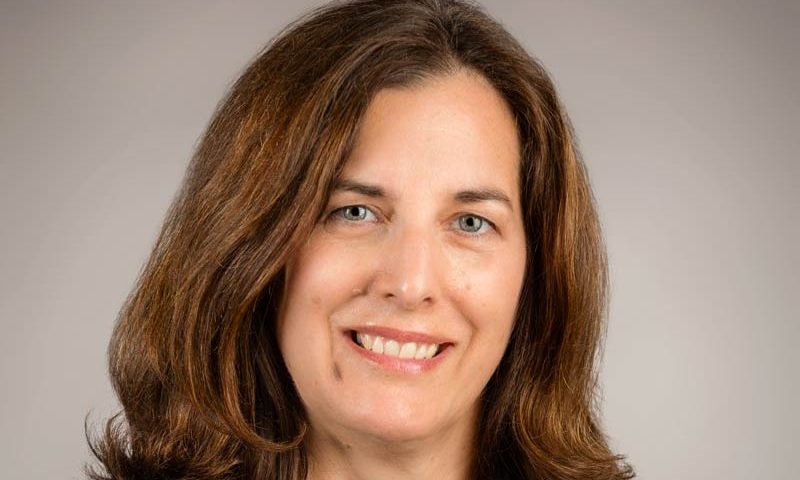Ribon Therapeutics has raised $65 million to advance a pipeline led by a PARP7 inhibitor deeper into the clinic. The financing positions Ribon to build on work to target stress support pathways in cancer and inflammation.
Massachusetts-based Ribon has attracted the support of a who’s who of big biopharma companies in recent years, securing money from VC groups at AbbVie, Bristol Myers Squibb, Johnson & Johnson, Novartis and Takeda. The companies have invested in Ribon on the strength of its research into the monoPARP class of enzymes that help cancer cells survive by regulating stress responses.
Armed with the $65 million series B round it raised in 2019, Ribon took lead drug RBN-2397 into the clinic in solid tumor patients. The drug is designed to inhibit PARP7, which acts as a brake on nucleic acid sensing and the Type I interferon response. In May, Ribon reported one partial response in 47 heavily pretreated patients in a phase 1 trial. Eight patients had stable disease for 18 weeks or more.
The results set Ribon up to start enrolling patients in the expansion phase of the study and to step up preparations for a Keytruda combination trial in squamous cell carcinoma of lung patients that is set to start in the second half of the year. With the clinical trial program expanding, Ribon has returned to investors to support the work.
Deerfield Management and U.S. Venture Partners led the round with assists from new investors Avego BioScience Capital, GV, Monashee Investment Management and Peregrine Ventures. Existing investors, including Ribon’s long list of biopharma backers, also contributed to the round.
Ribon said the funding will enable it to take RBN-2397 through key clinical milestones. The funding will also support clinical development of the previously undisclosed RBN-3143. Ribon is developing the drug candidate in inflammation, having disclosed an early-stage interest in the therapeutic area and neurodegenerative disorders at the time of its 2019 series B.

